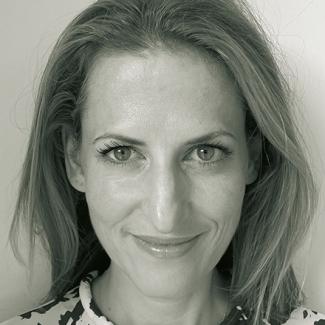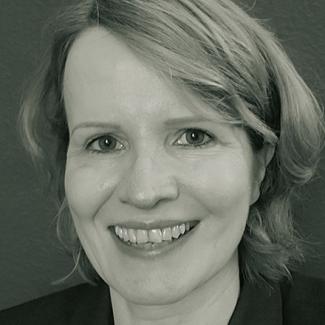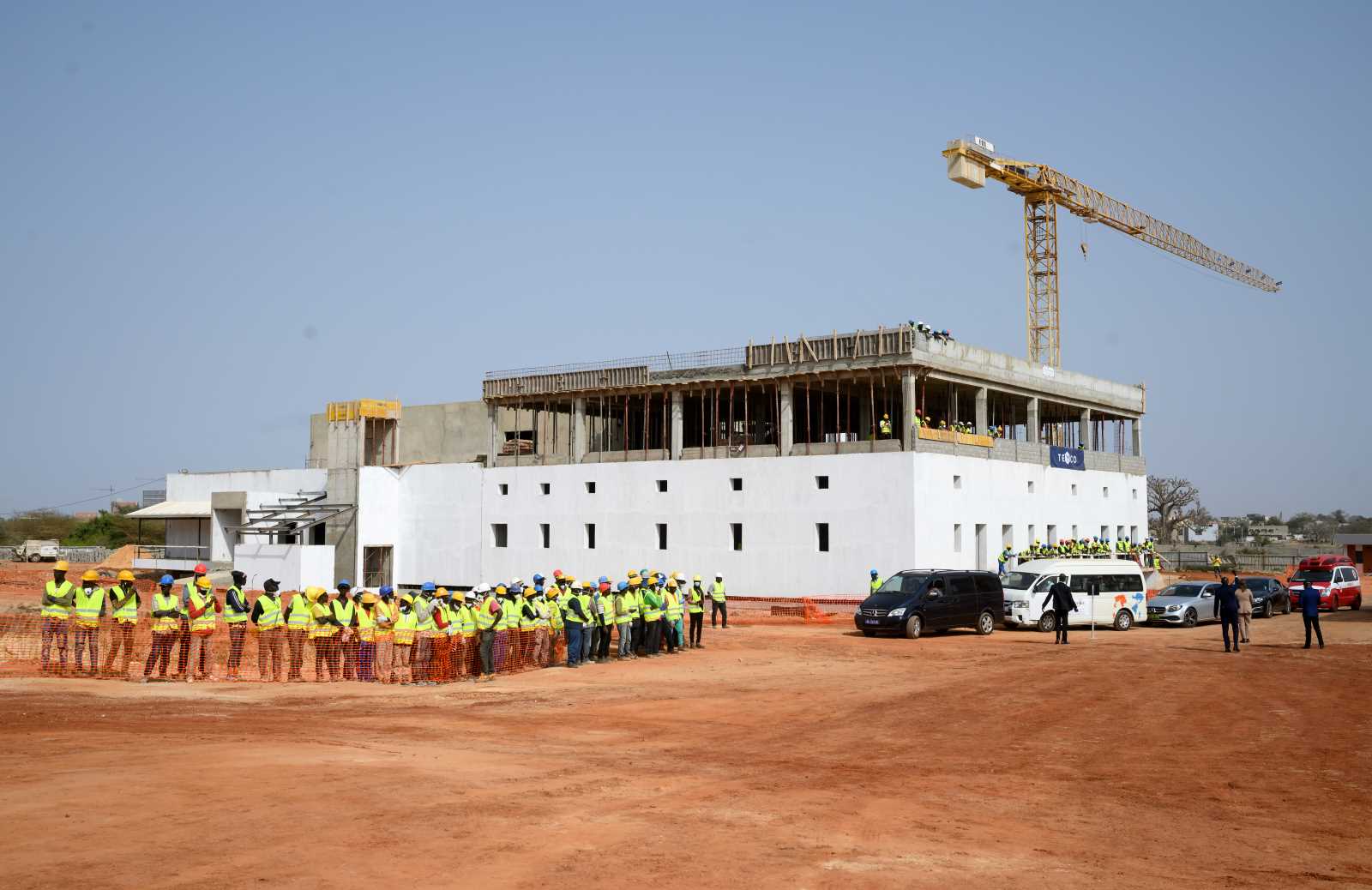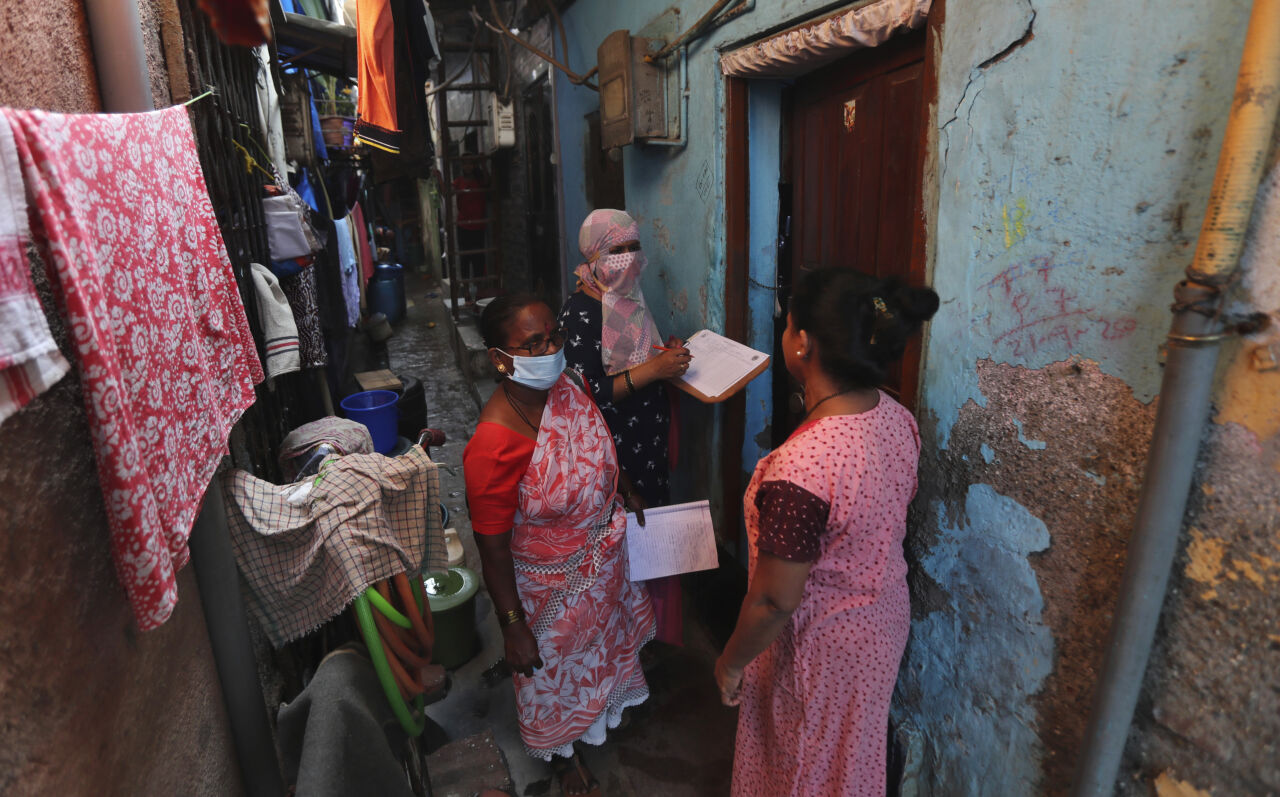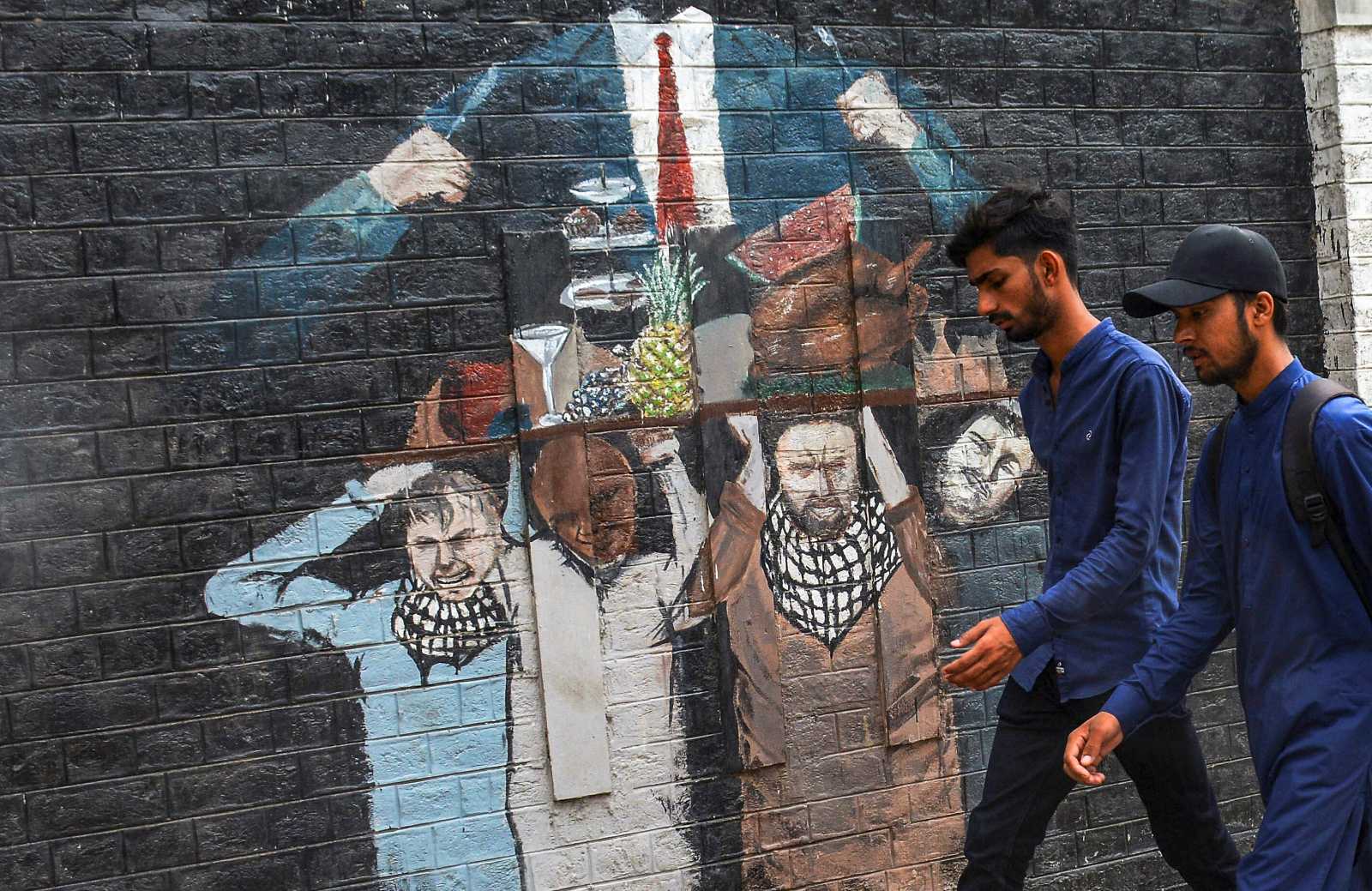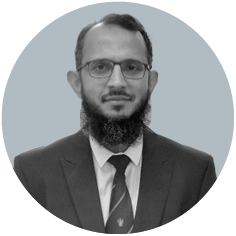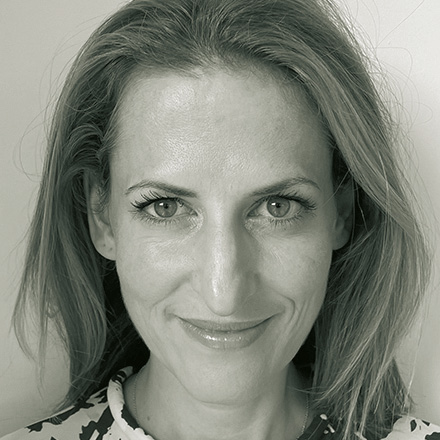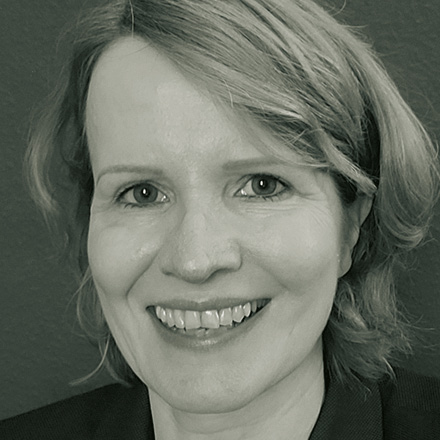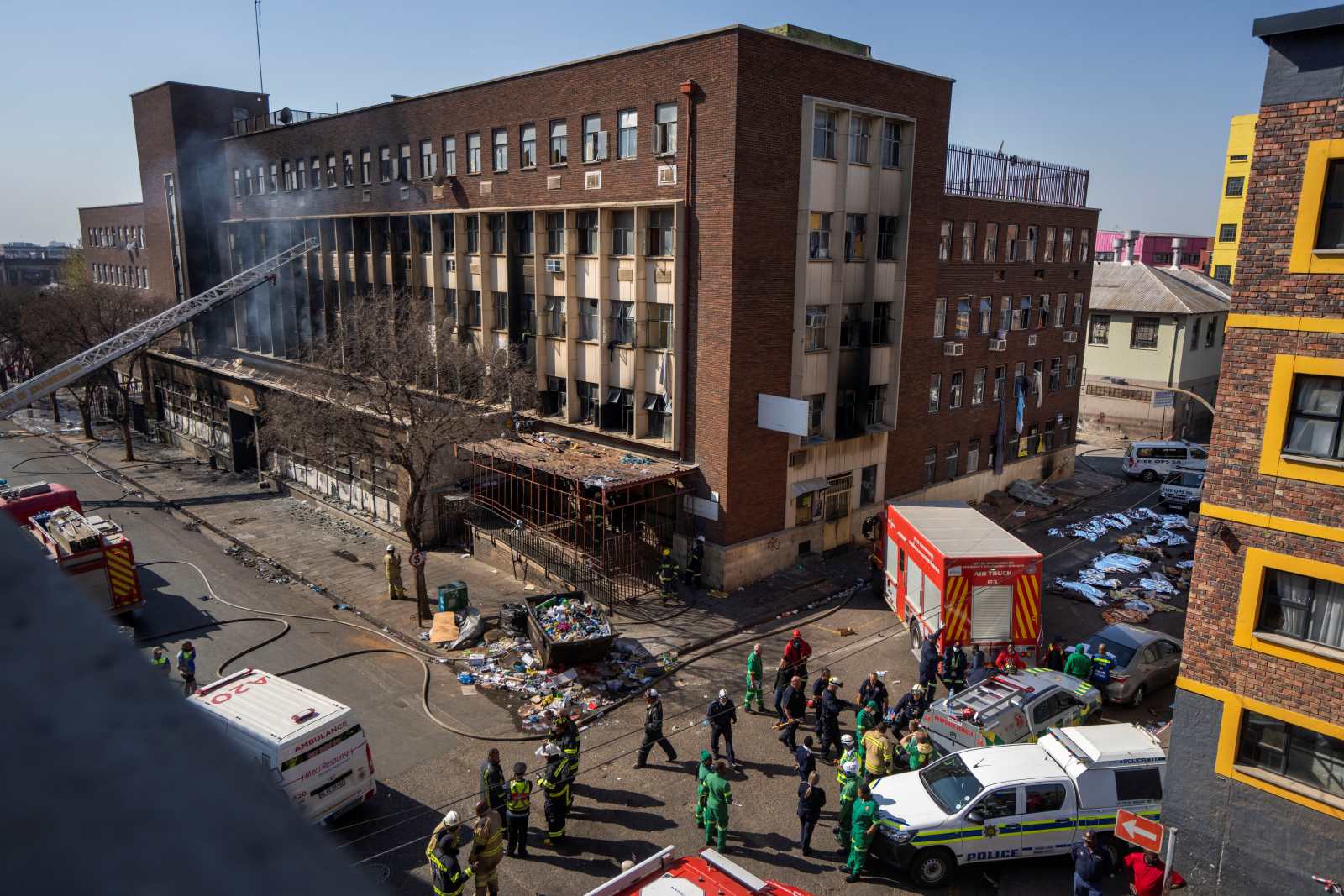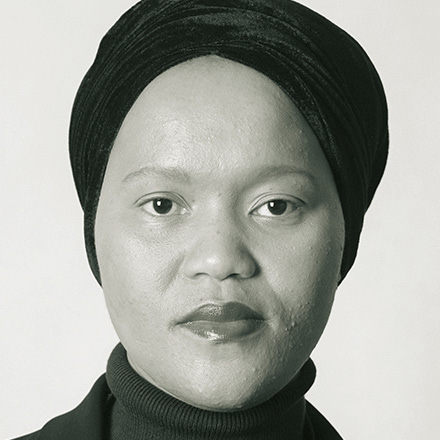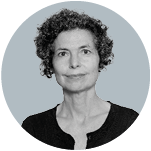Local vaccine production
Success in Senegal and South Africa
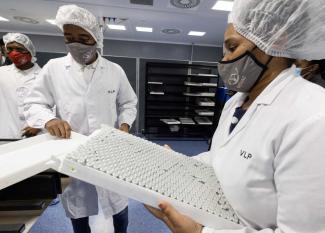
Germany’s Federal Ministry for Economic Cooperation and Development (BMZ) is working with various partners to promote local production of vaccines and pharmaceutical products in Africa. Two examples illustrate that its efforts to date have been worthwhile.
In Senegal, Germany is helping the government and private sector to create the conditions to produce more vaccines and other pharmaceutical products for the local and regional market. The goal is to strengthen the country’s regulatory and institutional capacities and expand its production capacities. The focus is on implementing reforms and improving conditions for local vaccine and pharmaceutical production, for example with regard to training, procurement and production costs.
Specifically, the “delivery unit” within the Senegalese Ministry of Health is receiving support to fulfil its role as the coordinating unit for the implementation of the national strategy to revitalise the pharmaceutical sector. In addition, the Senegalese regulatory authority ARP is being advised on how to achieve WHO maturity level 3 in order to be able to approve vaccines and pharmaceutical products itself. This process includes support during digitalisation, among other things. At the same time, Germany is helping Senegal plan how to meet the need for a qualified workforce in the pharmaceutical sector and provide educational opportunities.
Moreover, local vaccine and pharmaceutical manufacturers are being advised on expanding their local production, for example through training in modern production methods, such as in biotechnology. Studies are also being designed on topics like energy efficiency, and partnerships between Senegalese and European actors in the field of vaccine and pharmaceutical production are being established.
In order to improve vaccine access for people who live in remote areas, 120 health stations in the regions of Saint-Louis, Louga and Kolda are being equipped with solar modules that will make it possible to keep vaccines cool, for example.
Vaccine production in South Africa
South Africa also wants to achieve independence in vaccine production. There are favourable conditions in place thanks to internationally competitive research, an innovative economy and an established regulatory authority (SAHPRA). For all of these reasons, the WHO selected South Africa in 2021 to be the location of its mRNA hub.
The mRNA vaccine that the hub is currently developing is based on Moderna’s Covid-19 vaccine. After its efficacy and safety have been demonstrated, the development phase should conclude within a few months. The first clinical trials have been planned for this year, and the South African firm Biovac will test the production. In the future, the hub will also develop mRNA vaccines against diseases like tuberculosis, malaria and HIV/AIDS and share the technologies with African companies.
Anna Lotte Böttcher is a Senior Policy Officer in the division for Global health policy and financing in the German Federal Ministry for Economic Cooperation and Development (BMZ). Her portfolio includes promoting local vaccine and pharmaceutical production in Africa.
annalotte.boettcher@bmz.bund.de
Katja Pohlmann is the head of BMZ’s division for Global health policy and financing. Her responsibilities include important global financing institutions such as the GFATM, Gavi and GPEI.
katja.pohlmann@bmz.bund.de
